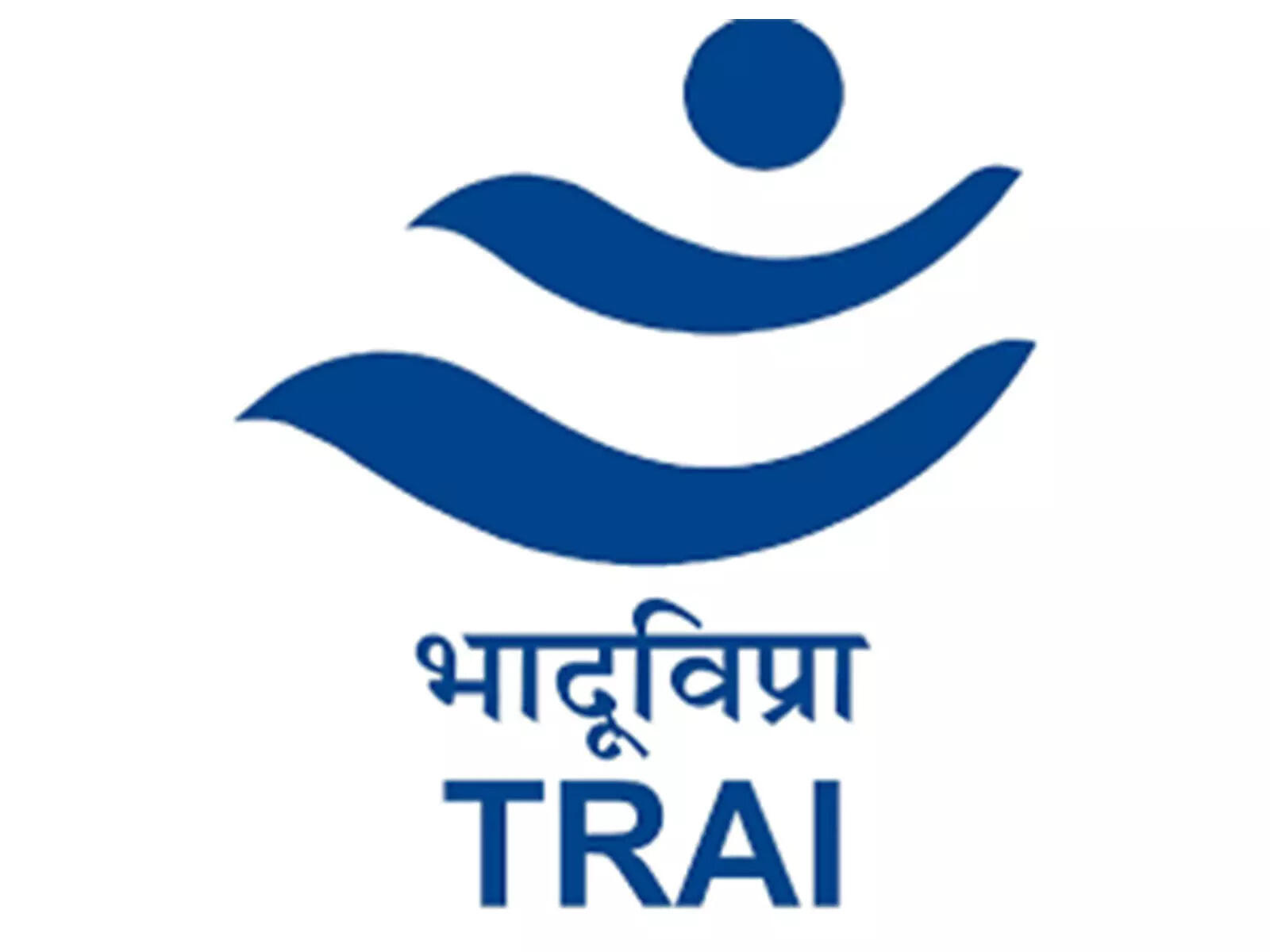
The Telecom Regulatory Authority of India (TRAI) has released a draft amendment to the ‘Reporting System on Accounting Separation Regulations‘, 2016. According to TRAI, the amendment seeks to enhance the effectiveness of financial disincentives and ensure regulatory compliance by introducing a more structured, balanced, and fair approach to penalties.
The ASR framework itself was launched in 2004 and revised in 2012 and 2016. The framework requires telecom operators to submit disaggregated financial statements for each licensed service to help TRAI monitor costs, revenues, and potential cross-subsidies among services. These reports allow the regulator to assess whether operators are pricing services fairly and operating transparently.
The 2025 draft amendment now updates this compliance framework by tightening enforcement provisions under Regulation 6 of ASR 2016, which deals with penalties for failing to submit reports or furnishing false information under Regulation 5. The regulator has stakeholders to provide their written comments on the draft by 31st October 2025.
Graded Financial Disincentive
TRAI has proposed a graded penalty structure that increases with the duration and recurrence of non-compliance. This means the longer a service provider delays submission of its accounting reports, the higher the fine, and repeated non-compliance in consecutive years would invite even steeper penalties.
Under the proposed draft:
- For a first-time contravention, a service provider would pay ₹20,000 per day for the first seven days and ₹40,000 per day thereafter, up to a maximum of ₹10 lakh.
- For repeat contraventions in consecutive years, the fine would rise to ₹50,000 per day for the first seven days and ₹75,000 per day beyond that, subject to a higher ceiling of ₹25 lakh.
Under the current ASR 2016 rules, TRAI can impose a fine of up to ₹5 lakh for failure to submit reports under Regulation 5. If the delay exceeds 15 days, an additional ₹50,000 per day is charged, rising to ₹10 lakh and ₹1 lakh per day for repeat defaults in consecutive years.Ceiling on Total Penalties
The amendment introduces a cap on the total amount of financial disincentive that TRAI can impose. This is a significant change, as earlier provisions did not specify a fixed ceiling. The maximum penalty will now be ₹10 lakh for first-time defaults and ₹25 lakh for consecutive-year defaults.
The current regulation prescribes upper limits on penalties (₹5 lakh and ₹10 lakh, depending on the type of default) but does not specify an overall cumulative ceiling once daily penalties accumulate.
Penalty for False or Misleading Reports
The draft amendment takes a strong stance against false reporting. If a service provider knowingly furnishes false data or omits material facts, TRAI can impose a financial disincentive of up to 1% of the company’s annual turnover. Currently, if a telecom operator submits a false report or omits material facts, TRAI can impose a financial disincentive of up to ₹10 lakh.
Interest on Delayed Payment of Penalties
To discourage late payments of imposed fines, TRAI proposes an interest clause. If a service provider fails to pay the financial disincentive within the stipulated time, it will have to pay interest at 2% above the one-year Marginal Cost of Lending Rate (MCLR) of the State Bank of India applicable at the start of the financial year.
Even a partial month will be treated as a full calendar month for calculating interest. This addition ensures financial discipline and timely compliance once a penalty is ordered. The ASR 2016 regulations do not currently provide for any interest on delayed or non-payment of penalties imposed by TRAI.
Opportunity to Be Heard and Waiver Provision
TRAI has also reaffirmed that no financial disincentive will be imposed without giving the service provider a fair opportunity to present its case. Before imposing any fine, TRAI must allow the operator to explain the reasons for non-compliance or errors in reporting.
Moreover, the amendment allow authority the right to waive or reduce the penalty if it finds merit in the operator’s explanation or if doing so serves the broader interest of regulatory compliance. The existing framework does not contain a formal provision for TRAI to waive or reduce penalties once they are determined.

